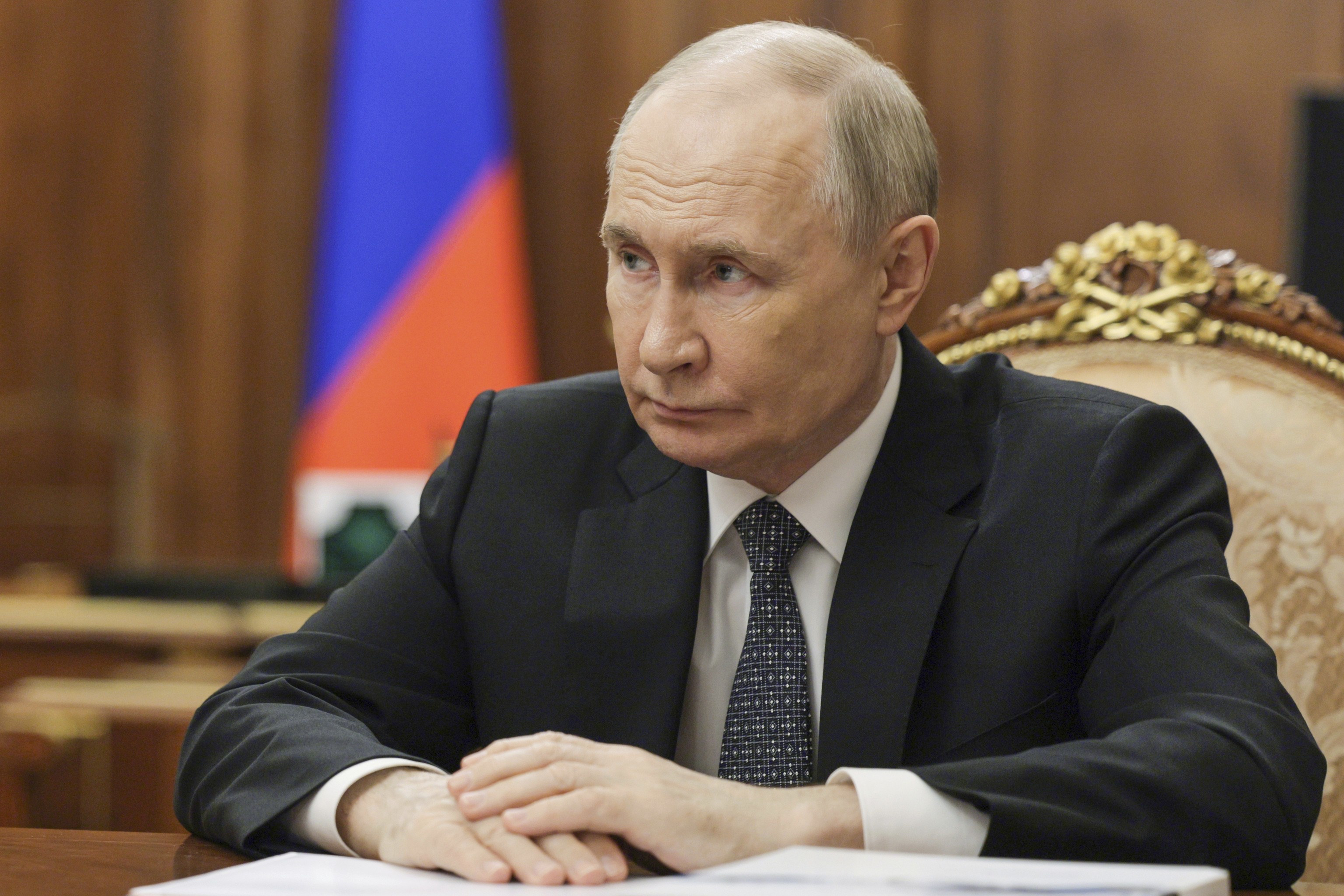The European Union will no longer be fully dependent on Russian gas as of January 1, 2028, thereby cutting off a source of funding for Vladimir Putin's war machine, which he uses to threaten Europe. The process will begin on January 1, 2026, with the end of short-term contracts, and will be completed with the termination of long-term agreements no later than December 31, 2027. This is of particular concern to Naturgy and Repsol, the two Spanish companies with such agreements with the Russian government, who have warned that the Kremlin will seek payment in any case. However, Brussels believes they will not have to compensate Vladimir Putin as they can invoke the "force majeure" clause.
"We have deliberately drafted the statement using a legal basis to make the termination an obligation. It is not these companies that are breaching the contract but rather force majeure coming into play. Russia has instrumentalized energy as a weapon, as blackmail, and therefore is not a reliable commercial partner," explained Energy Commissioner Dan Jorgensen when asked about this issue during the press conference where the measure was presented.
The accompanying documentation delves further into the explanation. "A common feature of long-term supply contracts is the inclusion of guaranteed purchase clauses, meaning the buyer must accept a minimum amount of goods or services or pay an agreed price for not receiving them," it states initially. "The minimum amount is usually set as a percentage of the contracted quantity. This percentage typically ranges from 70% to 100% in different contracts," it adds.
However, in these contracts, the force majeure clause can exempt the buyer from liability for failing to fulfill their obligation. "Force majeure generally refers to unforeseeable events that could not have been anticipated at the time of contract signing and that prevent one of the parties from fulfilling their contractual obligations due to external circumstances beyond their reasonable control," the EU continues.
It concludes: "A legal prohibition on natural gas imports under a Union trade measure constitutes a sovereign act of the Union, beyond the control of gas importers, making the import of natural gas from Russia illegal, with direct legal effect and no discretion for Member States regarding its application."
The Commission's special attention to this point is in response to pressure from affected companies, including Repsol and Naturgy as well as the French company Total Energy. The Spanish companies have contracts ending in 2038, and the French company's contract ends in 2041.
In the case of Naturgy, this newspaper reported last week that the company's president, Francisco Reynés, sent a letter to Commission President Ursula von der Leyen warning that Russia will likely demand payment for the contracts in any case. "The consequences for the affected European companies are likely irreversible," the letter stated, also directly referencing the obligation to fulfill the contracts.
Naturgy recently reopened and reinforced its office in Brussels with the intention of maintaining direct contact with the Commission and, of course, exerting maximum pressure. As explained in the gas sector itself, what is at stake are "billions of euros."
